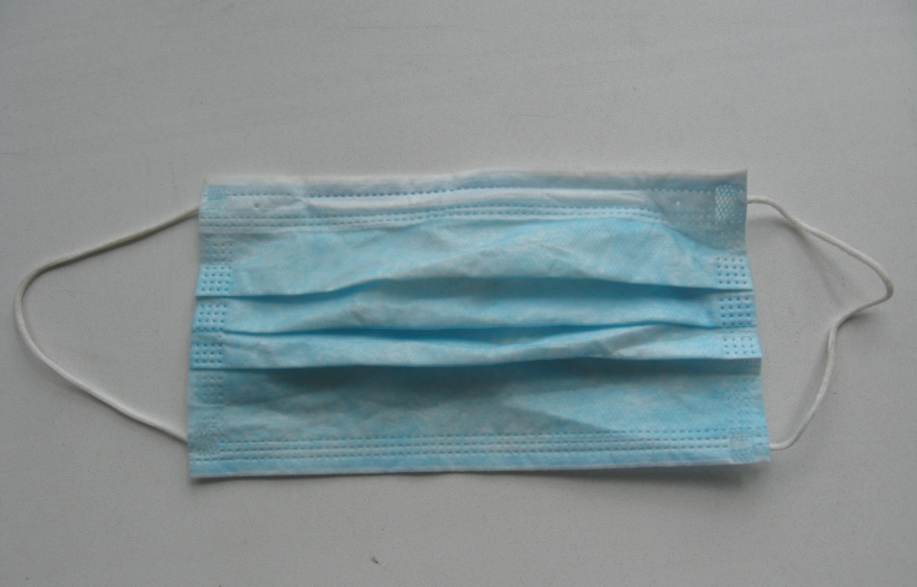
Despite the Central Pollution Control Board’s (CPCB) recent guidelines about handling and disposal of household waste generated while quarantining COVID-19 patients, urban local bodies seem ill-prepared. These guidelines make specific mention of biomedical waste generated by ‘home-care’ patients. “In case of home-care from suspected patients, biomedical waste should be collected separately in yellow bags and handed over to authorized waste collectors engaged by local bodies. ULBs (Urban Local Bodies) should engage CBWTFs to pick-up such waste either directly from quarantined houses or identified collection points,” read the guidelines.
However, there is no mechanism for the collection and disposal of masks and medical waste generated by people who are under ‘home-quarantine’ for having a travel history or showing COVID-19 symptoms. Lack of awareness among citizens is another major issue. While some home-quarantined individuals are burning the masks, others have no option but to dump them in the garbage, reports The Indian Express.
At institutional quarantine facilities run by certain municipalities like the Pune Municipal Corporation, used masks are being handed over to biomedical waste treatment facility. Some ULB’s suggest that those who are quarantined at home can pack their used masks separately and give them to our waste-pickers who can hand them over for incineration to biomedical teams.”
As per an advisory issued by the Directorate General of Health Services of Ministry of Health earlier this month, used masks, especially those used by “patients/care-givers/close contacts” under home-care, are to be considered “potentially infected” and should be disinfected with ordinary bleach solution (five percent) or sodium hypochlorite solution (1 percent) and then disposed of either by burning or deep burial. As per the guidelines, a single-use mask shouldn’t be used for more than 6 hours or on more than one occasion which, if done, may increase chances of infection.
In Pune and Pimpri-Chinchwad, the masks — especially single-use ones — are being dumped by users with their household garbage and being picked up by waste-pickers unknowingly.



